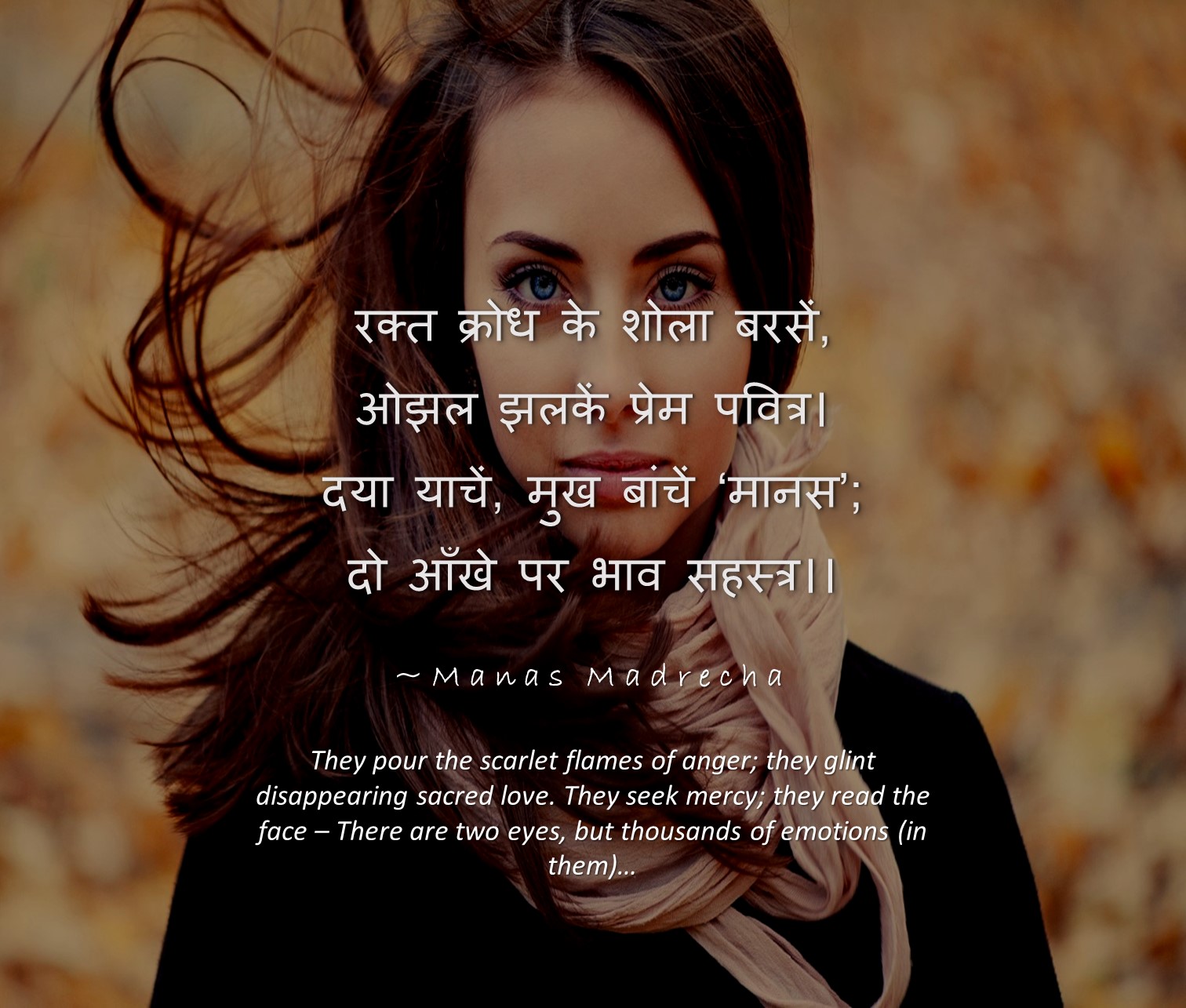Don't Lie Meaning In Hindi: A Comprehensive Guide To Understanding The Phrase
When it comes to language, understanding the nuances of phrases like "don't lie" in Hindi can open doors to meaningful communication. Whether you're a traveler, a student, or just someone interested in learning new languages, knowing how to express this phrase in Hindi is incredibly valuable. In this article, we'll dive deep into the meaning, context, and cultural significance of "don't lie" in Hindi.
Language is more than just words—it's a reflection of culture, values, and relationships. If you're looking to connect with Hindi speakers or want to enhance your language skills, understanding the phrase "don't lie" in Hindi is essential. It’s not just about translating words but grasping the emotions behind them.
So, buckle up, because we’re about to explore everything you need to know about "don't lie" in Hindi. From its literal meaning to its cultural implications, this guide will equip you with the knowledge to use the phrase confidently in real-life situations.
- Vegamovies Archives Your Ultimate Destination For Movie Enthusiasts
- Streaming Haven Unveiling The World Of Vegamoviescc
Why Understanding "Don't Lie" in Hindi Matters
Learning how to say "don't lie" in Hindi might seem simple, but it holds deeper significance than you think. In many cultures, honesty is highly valued, and being able to express this concept in another language shows respect and understanding. Plus, it can help you navigate tricky social situations where clarity is key.
For instance, imagine you're in a business meeting or a casual conversation with someone who speaks Hindi. Being able to convey the importance of truthfulness can strengthen your relationship and build trust. It's not just about the words; it's about the message behind them.
Breaking Down the Phrase
Let’s start by breaking down the phrase "don't lie" into its Hindi equivalent. The most common translation for "don't lie" in Hindi is "jhooth mat bolo" (झूठ मत बोलो). Here's how it works:
- Why Vegamovies Net Is The Ultimate Streaming Destination For Movie Lovers
- Sex Talk Telugu A Bold Exploration Of Conversations That Matter
- Jhooth: This means "lie" or "falsehood."
- Mat: This translates to "don't" or "do not."
- Bolo: This means "say" or "speak."
So when you put it all together, "jhooth mat bolo" literally means "don't speak lies." Pretty straightforward, right? But there's more to it than just the words themselves.
Cultural Context of "Don't Lie" in Hindi
In Indian culture, honesty is deeply rooted in values and traditions. The phrase "jhooth mat bolo" isn't just a warning—it's a reflection of societal norms that emphasize truthfulness and integrity. Understanding this context can help you appreciate the weight of the words.
Regional Variations
While "jhooth mat bolo" is widely understood across Hindi-speaking regions, there may be slight variations depending on the area. For example:
- In some parts of North India, you might hear "jhooth mat kaho" (झूठ मत कहो), which has a similar meaning.
- In informal settings, people might use "jhooth mat padho" (झूठ मत पड़ो), which is a bit more casual.
These variations highlight the richness of the Hindi language and its adaptability to different contexts.
How to Use "Jhooth Mat Bolo" in Conversations
Now that you know what "don't lie" means in Hindi, let's talk about how to use it in everyday conversations. Here are a few scenarios where you might find yourself using this phrase:
- Parent-Child Interaction: Parents often use "jhooth mat bolo" to teach their children the importance of honesty.
- Workplace Communication: In professional settings, this phrase can be used to emphasize transparency and accountability.
- Friendship: Friends might use it humorously to tease each other or to reinforce trust in their relationship.
Remember, tone matters! While "jhooth mat bolo" is a powerful phrase, it's important to use it with kindness and respect to avoid sounding confrontational.
Common Mistakes to Avoid
When learning a new language, it's easy to make mistakes. Here are a few things to watch out for when using "don't lie" in Hindi:
- Don't confuse "jhooth" with "sach," which means "truth." Mixing these up can completely change the meaning of your sentence.
- Be mindful of regional dialects. What works in one part of India might not be understood the same way elsewhere.
- Avoid overusing the phrase in casual conversations unless necessary. It can come off as accusatory if not used appropriately.
By being aware of these potential pitfalls, you can ensure that your communication is clear and effective.
Idioms and Expressions Related to "Don't Lie"
Hindi, like any language, is full of idiomatic expressions that add color to conversations. Here are a few idioms related to lying and truthfulness:
- "Jab jhooth bole khushiyan nachi": This phrase means "when lies speak, happiness dances," implying that lies often lead to trouble.
- "Sach ka sach hai": This idiom translates to "truth is the ultimate truth," emphasizing the importance of honesty.
- "Jhooth ki chadai na karo": This means "don't rely on lies," warning against building a foundation on falsehoods.
These expressions can add depth to your conversations and show that you have a deeper understanding of the language.
Fun Fact About Hindi Idioms
Did you know that many Hindi idioms have roots in ancient scriptures and folklore? For example, the phrase "sach ka sach hai" can be traced back to philosophical teachings that emphasize the power of truth. Learning these connections can make your language journey even more fascinating!
The Importance of Honesty in Hindi Culture
In Hindi culture, honesty is not just a virtue—it's a way of life. From religious teachings to everyday interactions, truthfulness is celebrated and encouraged. Let's explore why honesty holds such a prominent place in Hindi-speaking communities.
Religious Influences
Many Hindu, Sikh, and Islamic teachings stress the importance of truthfulness. For instance:
- In Hinduism, the concept of "satya" (truth) is one of the core principles of living a righteous life.
- In Sikhism, honesty is considered one of the five cardinal virtues.
- In Islam, the Quran repeatedly emphasizes the importance of speaking the truth.
These religious influences shape the cultural values surrounding honesty and truthfulness.
Practical Tips for Learning Hindi Phrases
Learning a new language can be challenging, but with the right strategies, it can also be incredibly rewarding. Here are some tips to help you master phrases like "don't lie" in Hindi:
- Practice regularly by speaking with native speakers or using language apps.
- Watch Hindi movies or listen to Hindi songs to improve your pronunciation and comprehension.
- Join online communities or forums where you can interact with other language learners.
Remember, language learning is a journey, not a destination. Embrace the process and enjoy every step of it!
Resources for Learning Hindi
If you're serious about learning Hindi, here are a few resources to get you started:
- Duolingo: A popular language-learning app that offers a free Hindi course.
- YouTube Channels: Platforms like "Learn Hindi with Me" provide engaging video lessons.
- Language Exchange Apps: Apps like Tandem connect you with native speakers for practice.
These resources can complement your learning and make the process more enjoyable.
Conclusion: Embrace the Power of Truth
Understanding "don't lie" in Hindi is more than just learning a phrase—it's about embracing the values of honesty and integrity. Whether you're using it in personal or professional settings, "jhooth mat bolo" can help you build stronger connections with Hindi speakers.
We encourage you to share this article with friends who might find it useful. And if you have any questions or feedback, feel free to leave a comment below. Your input helps us create better content for you!
Lastly, don't forget to explore our other articles on language learning and cultural insights. Happy learning, and keep spreading the truth!
Table of Contents
- Why Understanding "Don't Lie" in Hindi Matters
- Breaking Down the Phrase
- Cultural Context of "Don't Lie" in Hindi
- How to Use "Jhooth Mat Bolo" in Conversations
- Common Mistakes to Avoid
- Idioms and Expressions Related to "Don't Lie"
- The Importance of Honesty in Hindi Culture
- Practical Tips for Learning Hindi Phrases
- Resources for Learning Hindi
- Conclusion: Embrace the Power of Truth
- Aayushi Jaiswal Web Series The Rising Star Of Indian Digital Entertainment
- Stree Full Movie Download Filmyzilla Your Ultimate Guide To Streaming And Downloading

Lincoln Don't Lie

Anthony Doerr Quote “Don’t tell lies. Lie to yourself, Werner, but don

Eyes Don't Lie Hindi Poem आँखों पर हिन्दी कविता Manas Madrecha blog